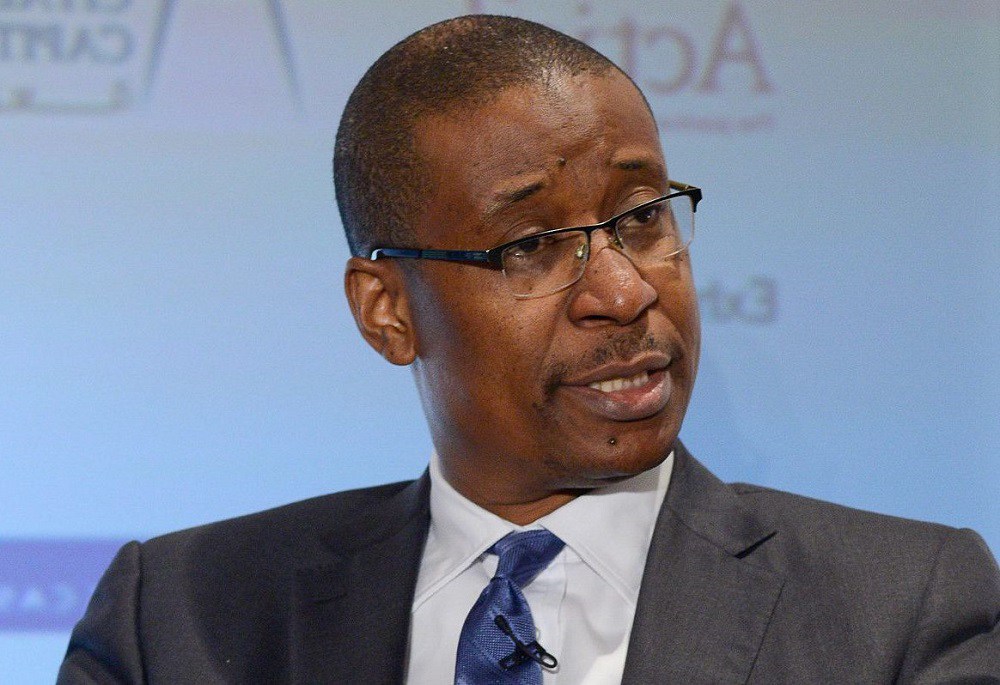The United States Economic Commission for Africa has disclosed plans by African countries to sign the African Continental Free Trade Area (CFTA) Agreement, with a key deadline this month being hit with an agreement among ministers.
A report sourced from Tax-News.com indicated that the decision to seal the proposed trade pact was taken after two days of intense deliberations at the Fourth Meeting of African Ministers of Trade (AMOT) in Niamey.
According to the report, the ministers, on December 2, 2017, issued a report stating: “The Champion of the CFTA, Mahamadou Issoufou, President of Niger, shall present a substantive report to Heads of State and Government during the next Summit in January 2018. The Champion shall inform Heads of State that the Agreement Establishing the African Continental Free Trade Area together with the Protocol on Trade in Services had been concluded and would request his peers to convene in an Extra-Ordinary Summit in March 2018 to adopt and sign the CFTA Agreement, its Protocols, and Annexes.”
The Commissioner for Trade and Industry of the African Union Commission, Albert M Muchanga, was quoted in an interview at the end of the AMOT meeting, as applauding the trade ministers, adding that “the results from Niamey are significant in our journey toward achieving the prosperous and integrated Africa we want by 2063.” Our momentum is steady and measured, he added. “Momentum generates energy. Energy generates growth and growth generates prosperity.”
The coordinator of the African Trade Policy Centre, David Luke, also noted that “the trade ministers are laudably committed to moving this African trade agenda forward. The CFTA deadline has been met. The Protocol on Trade in Services was agreed and adopted.”
He added that the Protocol on Trade in Goods will need more work, principally on the rules of origin and application of the agreed modalities for the liberalization of trade in goods at 85 or 90 percent of tariff lines, adding “this should be finalized by March 2018 when the African Union Heads of State and Government are expected to sign and adopt the CFTA.”
Expressing his satisfaction with the outcome of the meeting, Ghana’s Minister of Trade and Industry, Alan John Kwadwo Kyerematen, said the he was leaving “Niamey with a sense of pride that we came to a substantive conclusion that can feed into the next Heads of State and Government Summit, which was really the objective of this meeting.”
He explained further that the substantive work had been done and that “any outstanding issues will be considered as built-in agenda, and reference has already been made to this effect in the framework agreement that will be signed. So technically speaking, we are where we wanted to be.”
Also in his remarks, Minister of Trade of the Republic of Guinea, Marc Yombouno, was quoted as saying that he was “very satisfied that we got the expected results on the CFTA.” He criticized the fact that Africa “currently registers only about 16 percent of intra-continental trade. Meanwhile Europe is around 60 percent, and Asia records more than 50 percent”, adding that it is therefore imperative, that we create an Africa where persons, goods, and services can circulate freely to benefit all Africans.
Reflecting on the outcome of the meeting, Senegal’s Director of Foreign Trade, Assome Aminata Diatta, was quoted as saying that she was “very pleased with today’s decision. The CFTA is absolutely necessary to strengthen Africa’s position in the world market. We salute the leadership of our trade ministers who understand the need for intra-Africa trade in the development of this continent.”






